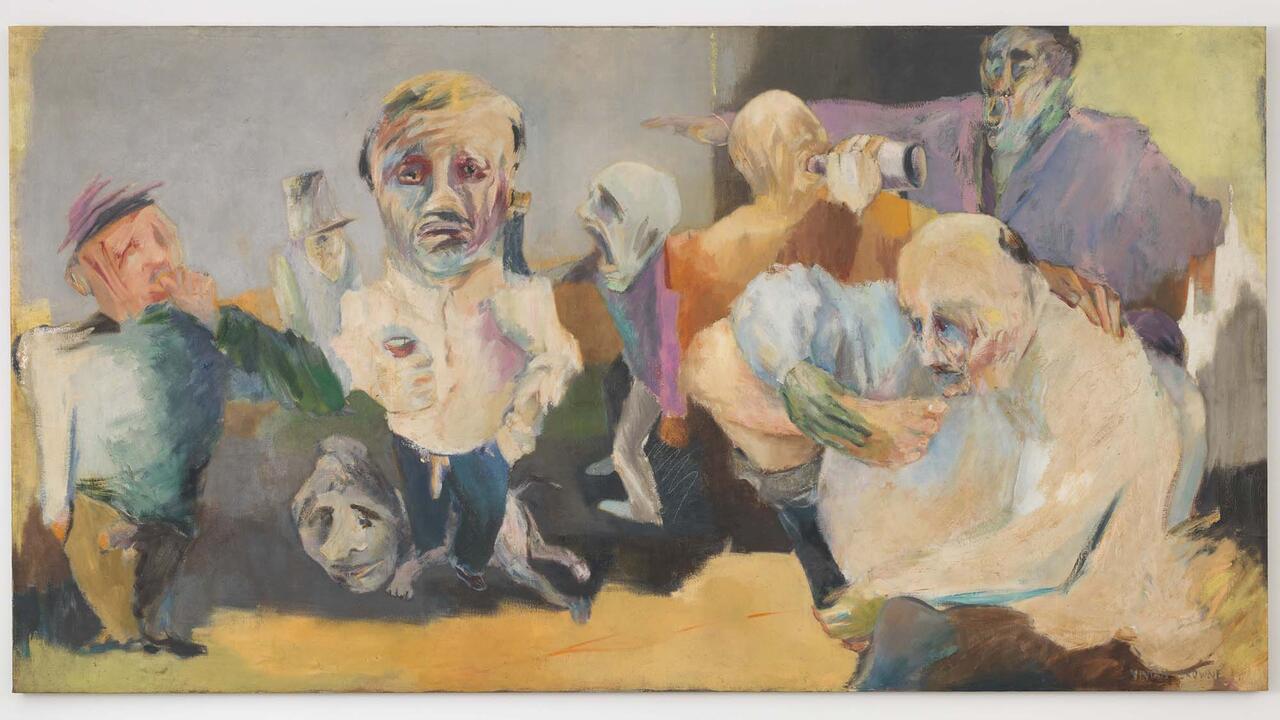Lost in translation
Discovering the difficulty of preserving the nuances of language
Discovering the difficulty of preserving the nuances of language
One of the most intriguing literary projects to have emerged this year is James Kelman's novel Translated Accounts (2001). Kelman has always been linguistically adventurous and attempted to give a literary voice to the dispossessed - his Booker prize-winner How Late It Was, How Late (1994) explored the fractured dialect of the Glaswegian working class - but this is something else entirely. Consisting of a series of disjointed, anonymous first-person narratives emanating from an unspecified country under military rule, the entire book is written in a mangled, inter-lingual translationese, 'akin to the basic translation that might appear within the department of an overseas foreign office' as the flyleaf puts it.
Kelman's opus was greeted with almost universal bewilderment by the critics when it was published a few months ago. Eccentric as it may seem, however, Translated Accounts is not a lone voice in the wilderness. Since the rise and rise of English as the common linguistic currency in the global marketplace, Kelman's latest idiom is very much a reality. You don't have to go abroad these days to encounter such language: just take a quick trip around cyberspace and you'll find scores of pages written in this garbled tongue.
The majority of such texts are penned by humans with a frail grasp of English, but an ever-increasing chunk is the handiwork of computers. The EU, for instance, which currently employs around 2,000 translators, is one of the growth areas for the field of machine translation. But the results so far inspire little confidence. They may be good at maths, but until computers can think like us, they'll never be able to translate. Go to http://babelfish.altavista.com, ask for a simple phrase such as 'do you fancy meeting up for a drink some time?' to be translated into Japanese and then back again into English, and you'll end up with, 'is the fact that you meet to for the sake of fantasized in order to drink time?'
This mixture of the stiltedly formal, utterly surreal, or oddly poetic is often funny. Bad translations - by man or machine - seem to have a habit of throwing up unintentionally inspired phrases. But such errors highlight the difficulty and complexity of the process of translation, which throughout history has been one of the most important, time-consuming, and thankless of literary tasks. We're all familiar with the likes of Kafka, Dostoevsky, Nietzsche, Proust, Cervantes, Marquez, Stendhal - to name just a few influential foreign writers. But how many of the translators' names do you know? For the most part, even the translators of great works remain a terminally obscure literary presence: unsung heroes loitering meekly in small print on the title-page.
Far worse than lack of recognition is the danger many translators face in helping new, often subversive ideas to cross borders. The Japanese translator of Salman Rushdie's supposedly blasphemous tract, The Satanic Verses (1988), was murdered, and the Italian and Norwegian ones seriously injured. Translators of the Bible have traditionally had an even rougher time. In 1536 William Tyndale was incarcerated for 500 days before being strangled and burnt at the stake for his pioneering translation from the New Testament, which he had printed secretly in Germany. Facing risks usually reserved these days for international drug smugglers (possession of a copy was punishable by death), those wanting to disseminate Tyndale's translation of the word got the books into the country concealed in bales of cotton and sacks of flour.
A similarly risky crossing of frontiers often occurs in translation on a purely linguistic level. The German poet Heinrich Heine once moaned that the French versions of his work were like 'moonlight stuffed with straw'. Another poet, R. S. Thomas, compared translation to 'talking through a handkerchief'. Again, as with drug smuggling, the original product is silently, stealthily tampered with and cut with something else somewhere along the line. What happens to shades of nuance, implicit reference, idiom, irony, ambiguity - the very substance of literary language? It's the sort of question that makes writers shudder.
In his book After Babel (1975), following on from a comment made by the poet and translator John Dryden in 1685, George Steiner compared the translator/author relationship to 'that of the portrait-painter to his sitter'. Translation, though imitative, is an art in itself, which has oscillated throughout history between faithful reproduction and creative flights of fancy. Broadly speaking, the more use the original makes of the possibilities of language - the more it explores the original medium - the harder it becomes to translate exactly. James Joyce was notoriously liberal with the translation rights of Ulysses (1922) because he knew the task was impossible (although there are now versions in more than 20 tongues).
People often talk about the liberties taken in film adaptations of well-known novels, but almost as much can be lost (and found), albeit less visibly, in literary translation. Although we seldom think of them as such, even the best, most sympathetic translations are variations on a theme, analogous to cover versions or dance remixes in music. What happens when the original already exists in the limbo of bad translation, as in the case of Kelman's extraordinary latest effort, is anyone's guess. Any takers for that project will have to be brave souls indeed.
















